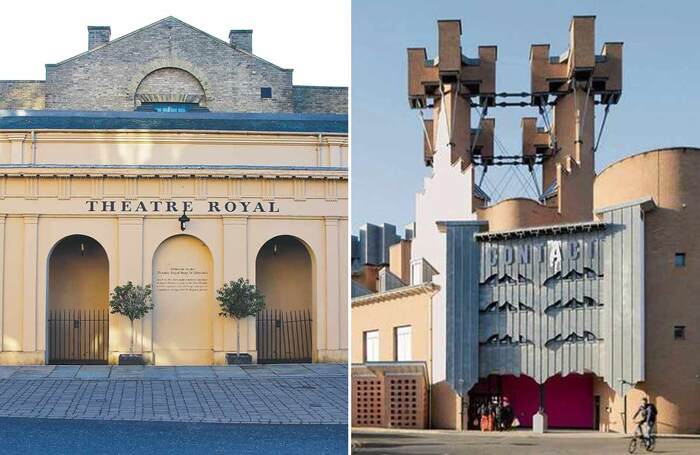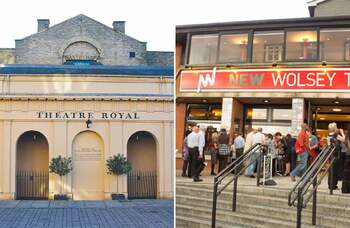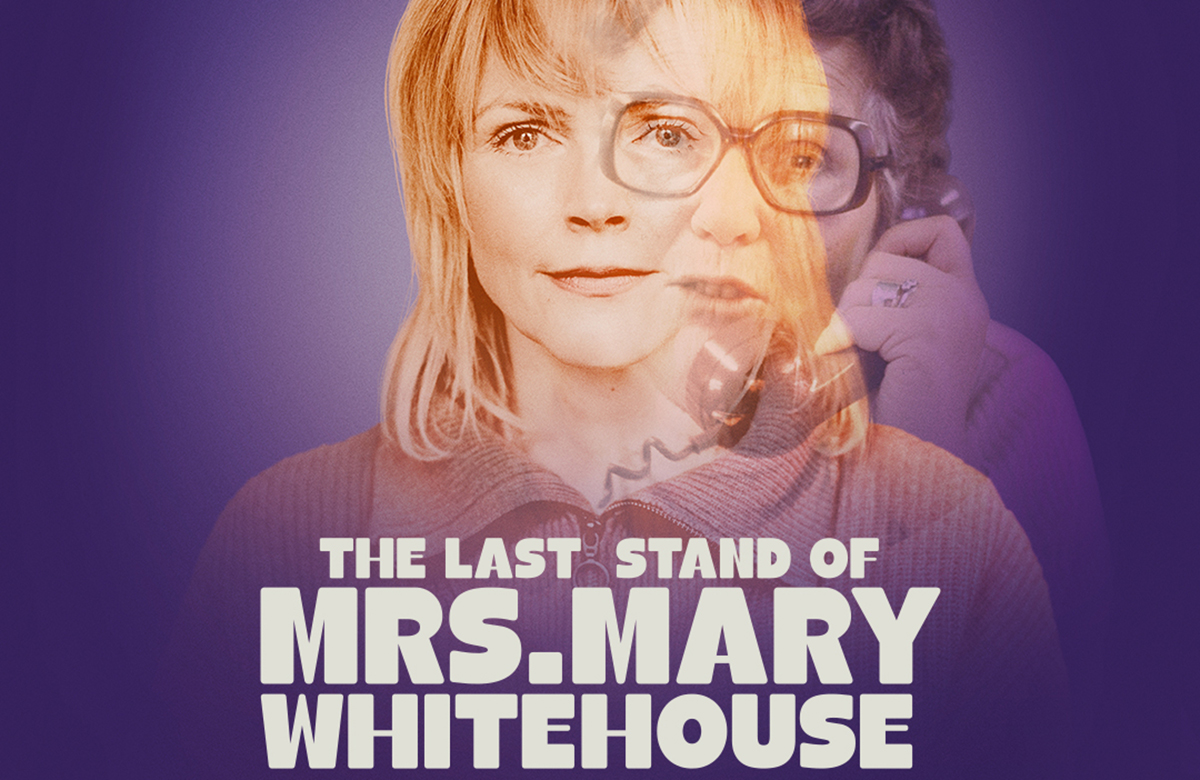The show can’t go on: it’s time to raise the alarm on the regional theatre crisis
The way to ensure local theatres are not classed as expendable luxuries is to make them essential to their communities
Have a read of the following: “A number of theatres are slipping towards financial, managerial and artistic crisis. The process continues to turn too many working lives into a day-to-day recurring crisis. The ‘opportunity cost’ is high. People who have operated under years of pressure at the cultural coalface are becoming battle weary rather than battle hardened. Some are voting with their feet and leaving the sector altogether.”
Are you nodding your head? It may surprise you to hear that it was written almost a quarter of a century ago by Peter Boyden in his famed report into English regional producing theatres, at the time clinging on by their fingernails after years of under investment. The report was listened to by the then Labour government and saw a transforming injection of £25 million.
But here we are 24 years on, and regional theatre is once again in crisis. You could, of course, argue that all theatre everywhere is in crisis as it deals with the fallout from the pandemic and increasing local and global pressures from inflation to a skills shortage. But a crisis in regional theatre was looming long before Covid. Back in 2018, Jonathan Church warned against falling attendance and rising ticket prices around the UK and pointed to how standstill funding and cuts to local-authority budgets were affecting “the ambition and scale of work”.
Continues...
The pandemic and cost-of-living crisis has pushed many already on the cliff edge ever closer to the drop. The news before Christmas that Manchester’s wonderful Contact Theatre will be operating a reduced programme and is restructuring its creative leadership and business models because of rising costs and changing patterns of audience attendance has sent a shiver through the landscape. The late-2023 news of culture-funding cuts by both Bristol and Nottingham city councils and Suffolk County Council’s new-year announcement that it will no longer fund the arts will hit organisations already under significant financial pressure. Increasingly, the arts are seen as a luxury that councils can no longer afford.
But as Charlotte Higgins put it so well in the Guardian late last year: “Culture is not trivial, it is about who we are.” Governments, local authorities and councils, which think it must be a binary choice between funding social care and children’s services or funding theatre and culture, are failing to understand that culture is a powerful tool and one that can be transforming for communities and help bring them together.
This ‘the show must go on’ mentality helps nobody
When culture is squeezed like a lemon, the place where that is happening becomes a less attractive, more soulless place to live. It’s why theatres need to make themselves essential and expand what a theatre can be and do and say, and not just be nice places for a night out for those who can afford it. Reading the submissions for this year’s The Stage award for community project of the year has been a reminder how many are doing that.
But it’s hard when theatres, particularly regional theatres, are under such pressure and their leadership is often exhausted by the misguided desire to get theatre back to normal as quickly as possible at whatever the cost to themselves, workforce and freelancers.
This ‘the show must go on’ mentality helps nobody, either personally in terms of their own physical and mental health, or more broadly by preventing the alarm being raised that regional theatre is in genuine peril. Theatre has always been an industry that thrives on the illusion of confidence (and the funding system colludes with that), adopting a mantra of keeping cheerful and carrying on even as crisis looms, while making the payroll becomes ever more difficult, the stress piles on and the future looks less and less certain. The cost of this is huge on those who run and work in buildings but it also creates a false narrative that your local theatre will carry on smiling whatever is thrown at it.
Maybe it is time to raise the alarm of what is at stake and the reality facing many venues so that those communities, local authorities and the government know what risks being lost if help does not arrive. Because even the arrival of a Labour government is unlikely to see a bailout.
A few years back, when David Cameron announced his intention to sell off our forests, a decision which engendered such public outrage it was quickly reversed, there was much debate about whether local theatres had done enough to ensure that, if they were in peril, the public would back them. I must confess, I doubted it.
Since then, I reckon – and The Stage’s community project award submissions this year underline it – theatres have made significant strides in becoming town halls rather than silos, have thought far harder about how they can be useful and have understood that in caring better for their communities, their communities will care more for them. But testing it requires a transparency that I imagine few are willing to risk.
Opinion
Recommended for you
Advice
Recommended for you
Most Read
Across The Stage this weekYour subscription helps ensure our journalism can continue
Invest in The Stage today with a subscription starting at just £7.99
 Lyn Gardner
Lyn Gardner













